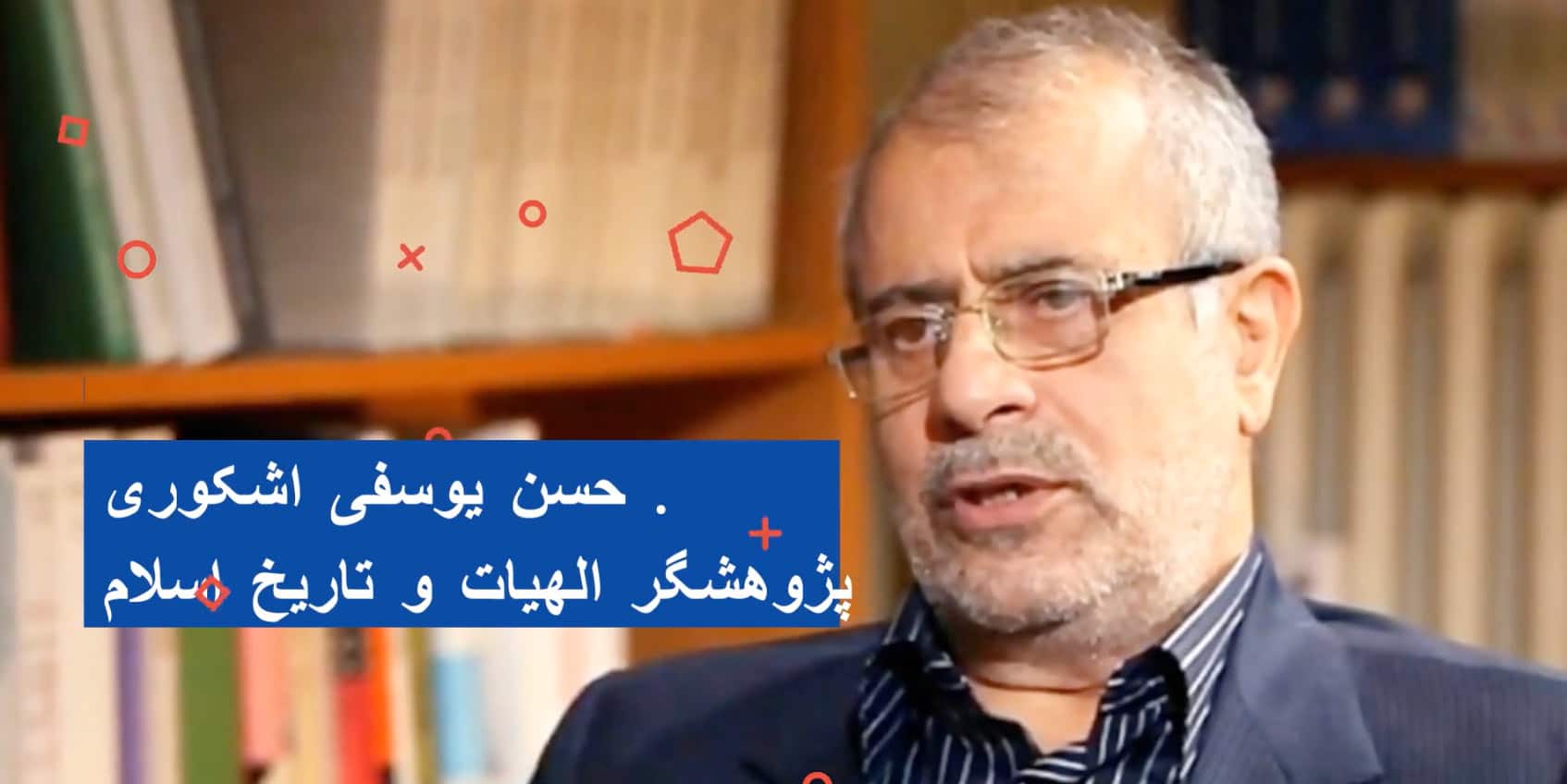After the death of the Prophet of Islam, Muslims were able to maintain their political and social unity by concentrating political authority under the title of “Caliphate” and in its shadow, they succeeded to a large extent in cultural, economic and civilizational progress in the first six centuries. However, after the collapse of the caliphate system in the middle of the 7th century of Hijri (14th century in the Julian calendar), the Ottomans gradually came to the fore and eventually succeeded in restoring the same centralized political authority even in more efficient period. Until a century ago this authority was able to shake the political and material interests of most Muslims, and provide for the people across the world.
Although the Iranians, of course, resorted to a kind of Shiism after a thousand years, they apparently went a different way. In the end, however, they took refuge in the same traditional concentration of political authority (of course, by resorting to a kind of nationalism). Hence Shia performed the same role in Iran.
However, after the decline of the Ottomans in 1924, a huge power vacuum emerged among Muslims (especially Sunni Muslims of the Middle East). Until now, during a century, that vacuum has not been filled. From the Ottoman ruins, quasi-modern and apparently non-religious governments have been formed in various parts of the Islamic world. However, for some reason, they have not succeeded in creating the necessary and desirable and unifying political concentration. The Arab Spring movement has been a reaction to this failure.
Therefore, numerous large and small organizations and movements have emerged in these hundred years, and each one has its share. Although indirect and unannounced, they claim to fill the power vacuum of the caliphate. This includes the movement to revive the caliphate in the Indian subcontinent and the Muslim Brotherhood in Egypt to recently Al-Qaeda, ISIS, the Taliban and hundreds of other groups.
Besides, after referring to these fields, the Taliban and their type of ideology, as well as ISIS, were specifically introduced as much as possible.


